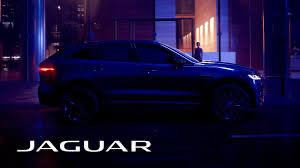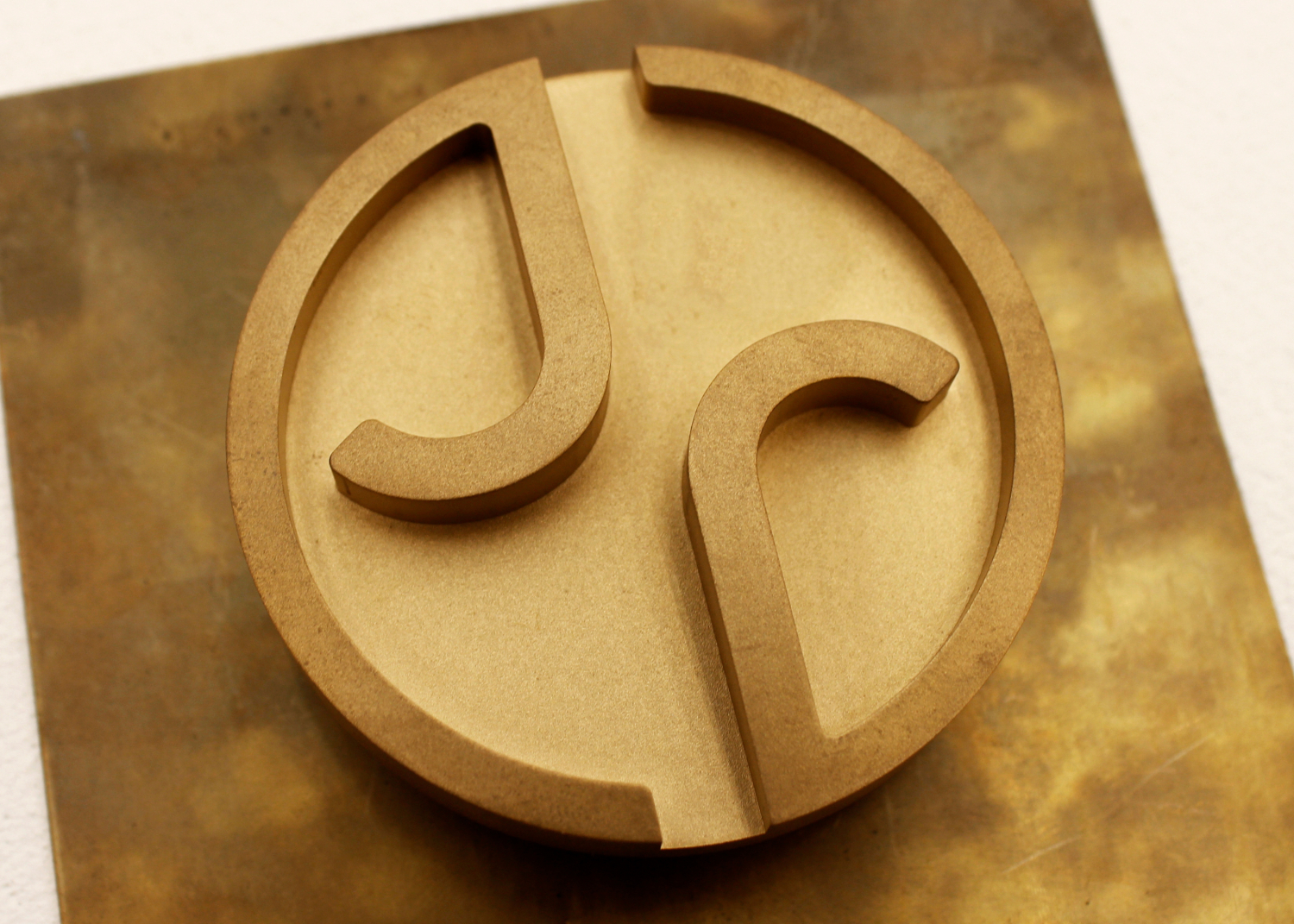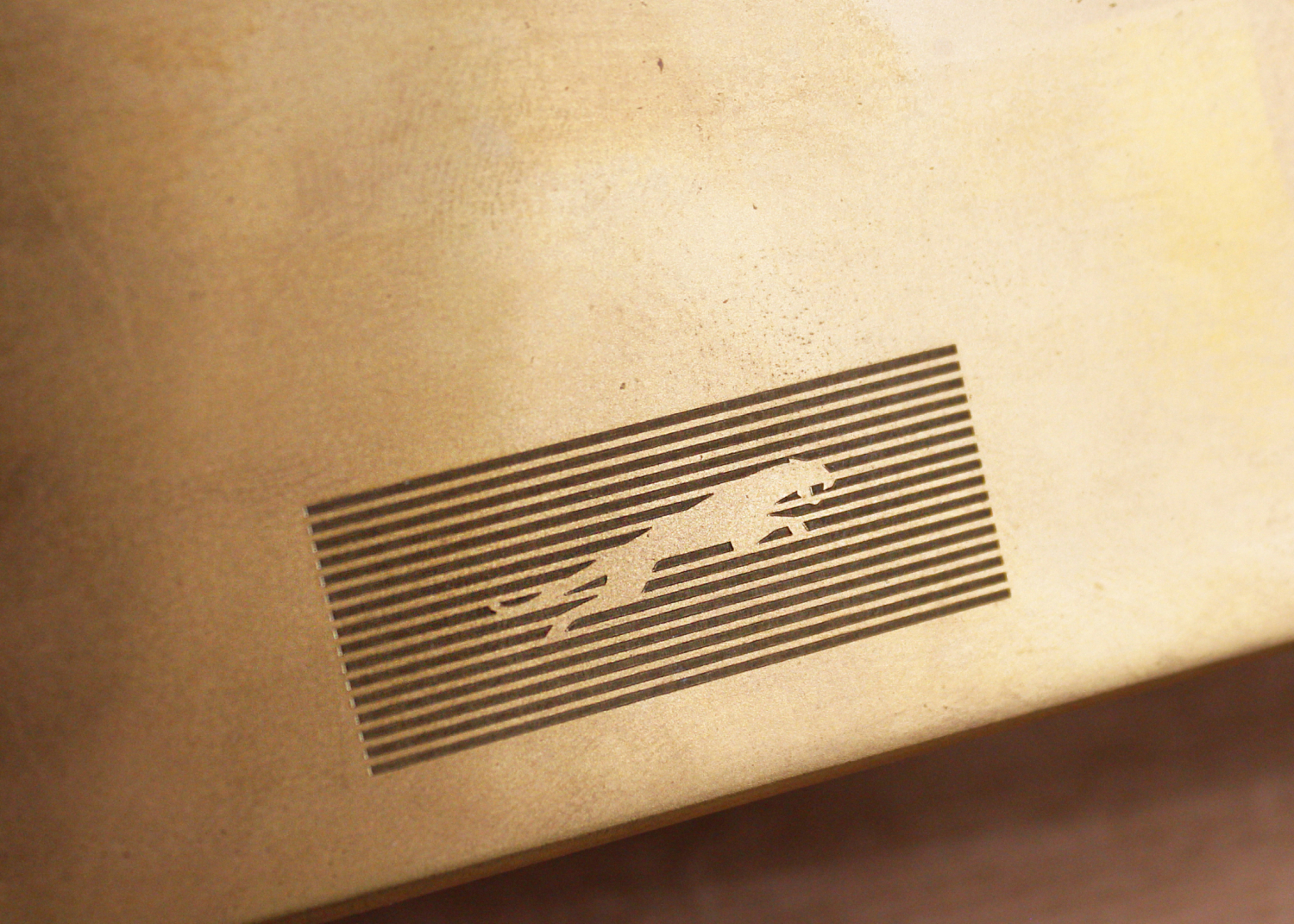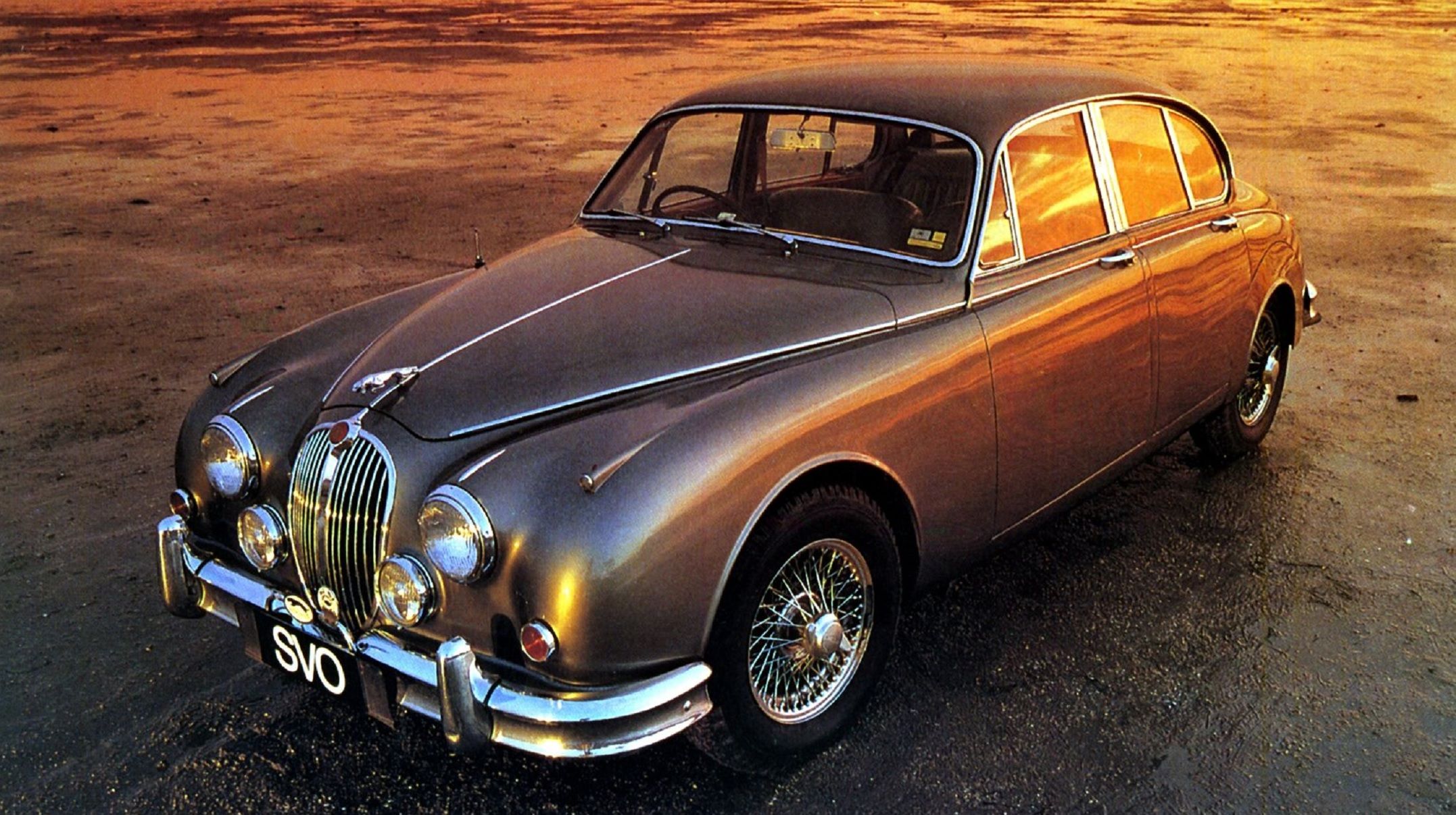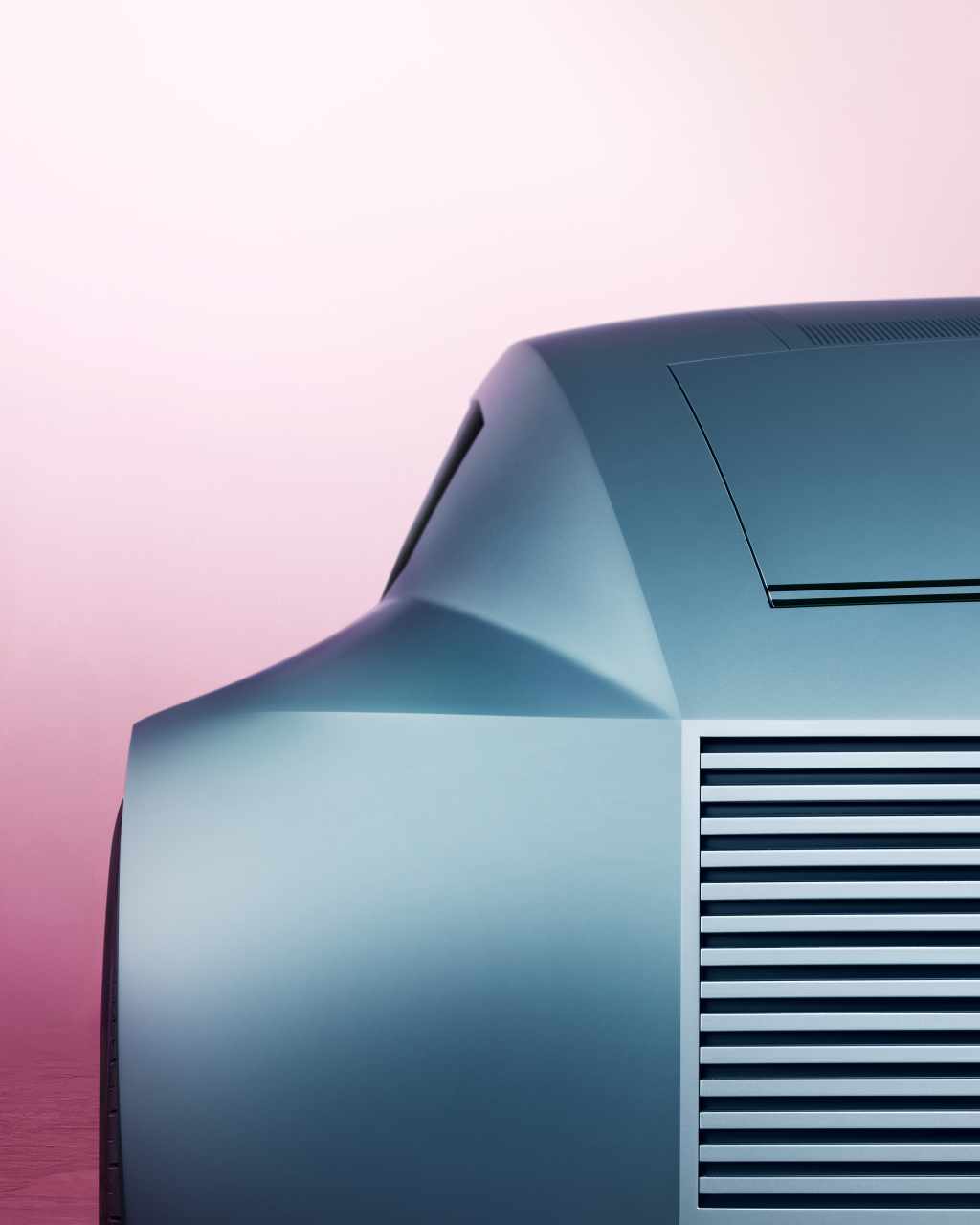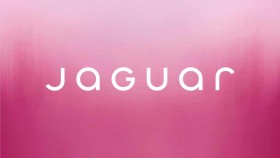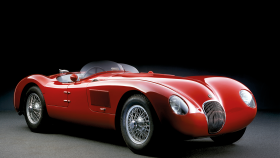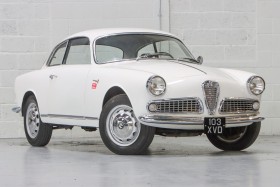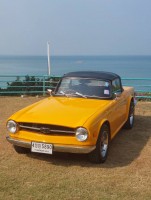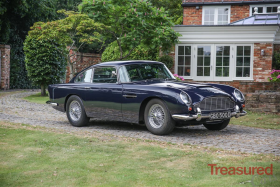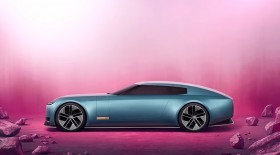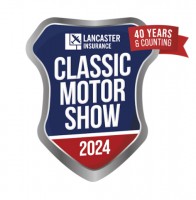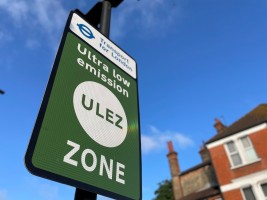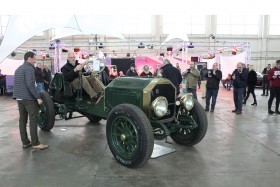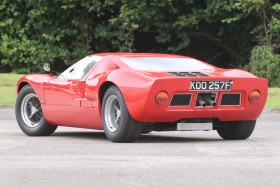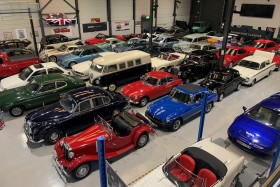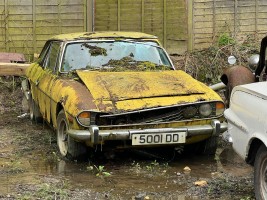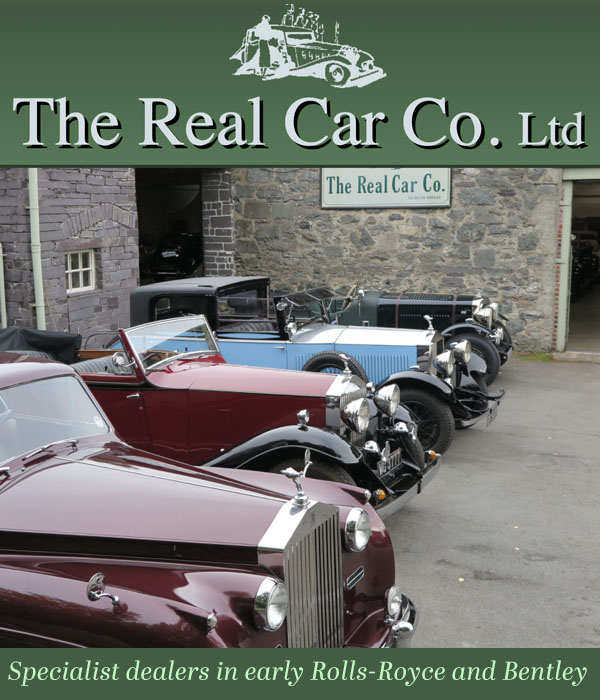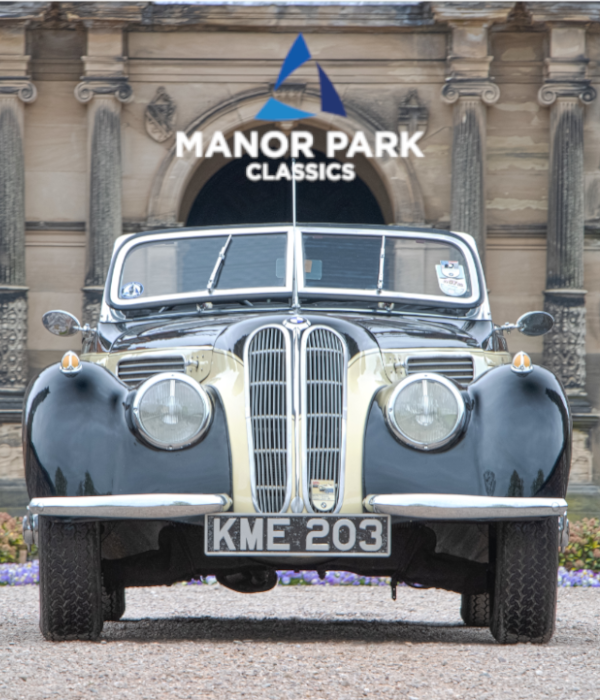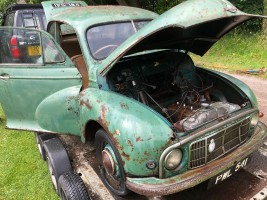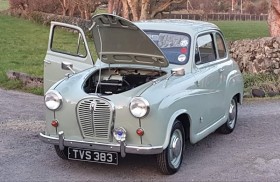is jaguar on the road to join daimler in a list of deceased british car brands
Jaguar is currently undergoing a significant transformation.
By: Charlie Warner Wed, 20 Nov 2024
News, Features

Under its "Reimagine" strategy, Jaguar aims to become a fully electric luxury brand by 2025. The company has ceased production of its traditional models and is investing heavily in cutting-edge technology, including advanced electric platforms and innovative design features. Jaguar plans to position itself as a competitor to brands like Bentley, focusing on high-end, sustainable vehicles while maintaining its luxury identity . This rebrand reflects a commitment to achieving net-zero carbon emissions across its operations by 2039.
Is this an innovative and perceptive move to redefine its position in the automotive market and grow the business, or a huge gamble that if miscalculated will destroy Jaguar?

The new brand and marketing campaign launched by Jaguar in November 2024 has sparked widespread criticism online, with many experts, industry commentators, and enthusiasts arguing that the company has misjudged its core audience. Critics claim that the rebrand’s emphasis on diversity, equity, and inclusion, described by some as aligning with "woke ideology", risks alienating loyal customers and diluting the brand's traditional appeal.
Concerns have been raised that this approach, combined with the dramatic shift to an all-electric luxury focus, could mark the downfall of the iconic brand if it fails to resonate with its target demographic. Observers warn that this strategy might push Jaguar further away from its heritage and the expectations of its traditional market base.

Jaguar began in 1922 as the Swallow Sidecar Company, producing motorcycle sidecars before transitioning to cars. Renamed Jaguar Cars in 1945, the brand became synonymous with luxury and performance. Iconic models like the XK120, E-Type, and XJ solidified its reputation. After struggling financially in the late 20th century, it was acquired by Ford in 1990 and then Tata Motors in 2008. Throughout, Jaguar balanced luxury with motorsport heritage, achieving significant racing success, including wins at Le Mans. Its "Reimagine" strategy now pivots towards an all-electric future.
Jaguar's relationship with the now-defunct Daimler car company began in 1960 when Jaguar acquired Daimler from the Birmingham Small Arms Company (BSA). Daimler, a luxury British car manufacturer distinct from the German Daimler-Benz, became Jaguar's prestige brand. Under Jaguar's ownership, Daimler models were often rebranded, more luxurious versions of Jaguar cars, such as the Daimler Sovereign and Double-Six. Despite its history, Daimler faded as a standalone brand, with its name appearing on fewer models until it was effectively retired in the late 2000s.
Only time will tell what lies ahead for the company, but the prospect of Jaguar's decline would be a heartbreaking loss for its loyal owners and car enthusiasts worldwide. The demise of another storied British car manufacturer would mark the end of an era in automotive history.

Defunct British motorcar brands that were once well-known but are no longer in operation:
Pre-World War II Brands
AC Cars (1901–2020) - Famous for the AC Cobra.
Alvis (1919–1967) - Known for luxury and military vehicles.
Armstrong Siddeley (1919–1960) - Luxury and aircraft-inspired cars.
Arrol-Johnston (1895–1931) - Early pioneers in the British motor industry.
Austin (1905–1987) - Merged into British Leyland; known for the Austin Seven and Mini.
Clyno (1922–1929) - Once the third-largest British car manufacturer.
Daimler (1896–2010) - A historic luxury car brand; later merged under Jaguar.
Lagonda (1906–1947) - Luxury carmaker, absorbed by Aston Martin.
Lanchester (1895–1955) - Britain’s first production car manufacturer.
Napier (1900–1924) - Early luxury cars and racing vehicles.
Riley (1898–1969) - Known for sporty saloons; absorbed into British Leyland.
Sunbeam (1905–1976) - Luxury and performance cars; part of Rootes Group.
Wolseley (1901–1975) - Known for upmarket saloon cars.
Post-World War II Brands
British Leyland (1968–1986) - A conglomerate that included Austin, Morris, Triumph, and others.
Gilbern (1959–1973) - One of the few Welsh car manufacturers.
Hillman (1907–1976) - Known for the Minx; part of the Rootes Group.
Humber (1898–1976) - Produced luxury saloons; also part of Rootes.
Jowett (1906–1954) - Notable for the Javelin and Jupiter models.
Morris (1913–1984) - Iconic for the Morris Minor and Oxford; merged with Austin.
Standard (1903–1963) - Known for the Vanguard; evolved into Triumph.
Specialist and Sports Brands
Bristol Cars (1945–2020) - Luxury and exclusive sports cars.
Jensen Motors (1934–1976, briefly revived) - Famous for the Jensen Interceptor.
TVR (1947–2006, with attempts at revival) - Built distinctive sports cars.
Panther Westwinds (1972–1980) - Known for retro-styled luxury vehicles.
Marcos (1959–2007) - Quirky and innovative sports cars.
Turner (1949–1966) - Small sports car manufacturer.
Kit and Microcar Brands
Bond Cars (1948–1974) - Known for small three-wheeled cars.
Berkeley (1956–1960) - Specialized in microcars and kit cars.
Footnotes
#JaguarReimagined
#JaguarTransformation
#FutureOfJaguar
#ElectricJaguar
#JaguarEV
#JaguarRebrand
#BrandBacklash
#WokeRebranding
#IconicJaguar
#BritishAutomotiveLegacy
#JaguarHeritage



